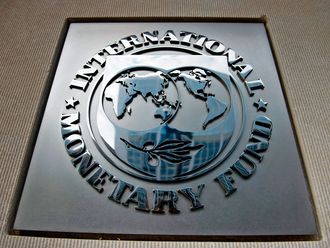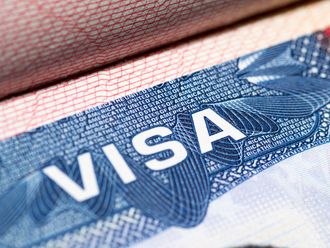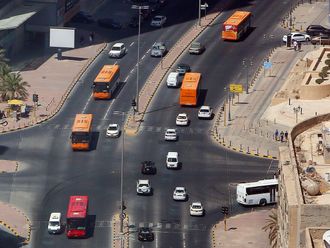
Dubai: An Iranian threat to close the strategic Strait of Hormuz if more sanctions were imposed on Tehran and US warnings have raised concerns of a possible regional military conflict.
However, experts believe the war of words is just part of political manoeuvres ahead of elections in Iran, US and France.
Though the current timing is "a golden opportunity" to launch a military action against Iran, they added, there is also a long list of reasons for not following that course.
Mahjoub Zweiri, an expert on Iranian affairs, said the support to Iran among the people of the region is "at unprecedented low" levels. Also, there are no US or British troops in the range of Iranian attack in Iraq or Afghanistan.
Yet, "there are personal desires for several leading politicians in the world not to create a [new] war in the world".
Next year's presidential elections are stopping both US President Barack Obama and French President Nicolas Sarkozy from engaging in a military conflict, he noted. The economic situation in the West is also a priority to its leaders.
Nervous
Israel, which feels nervous from Tehran's nuclear programme, will also avoid attacking Iran under the current circumstances.
If Israel does, "this means that it reminds the world that there is an enemy to the [Arab] region called Israel…. It will return, once again, Iran to the region's focus and people [will] sympathise with Iran," Zweiri said.
On the other hand, Iran is using the rhetoric of closing Hormuz with an eye on the parliamentary election. Nearly one-third of the global oil shipments pass through the strategic straight of Hormuz.
"Iran has an unstable front in Iraq and a critical front in Syria. Is it reasonable for Iran to open a new front in the Gulf?" said Khalid Dakheel, a Saudi political scientist. "I rule out such a conflict," said Amir Musavi, Director of Tehran-based Strategic Studies and international relations Centre. "Iran has many options and many papers in hand to use," he added.











